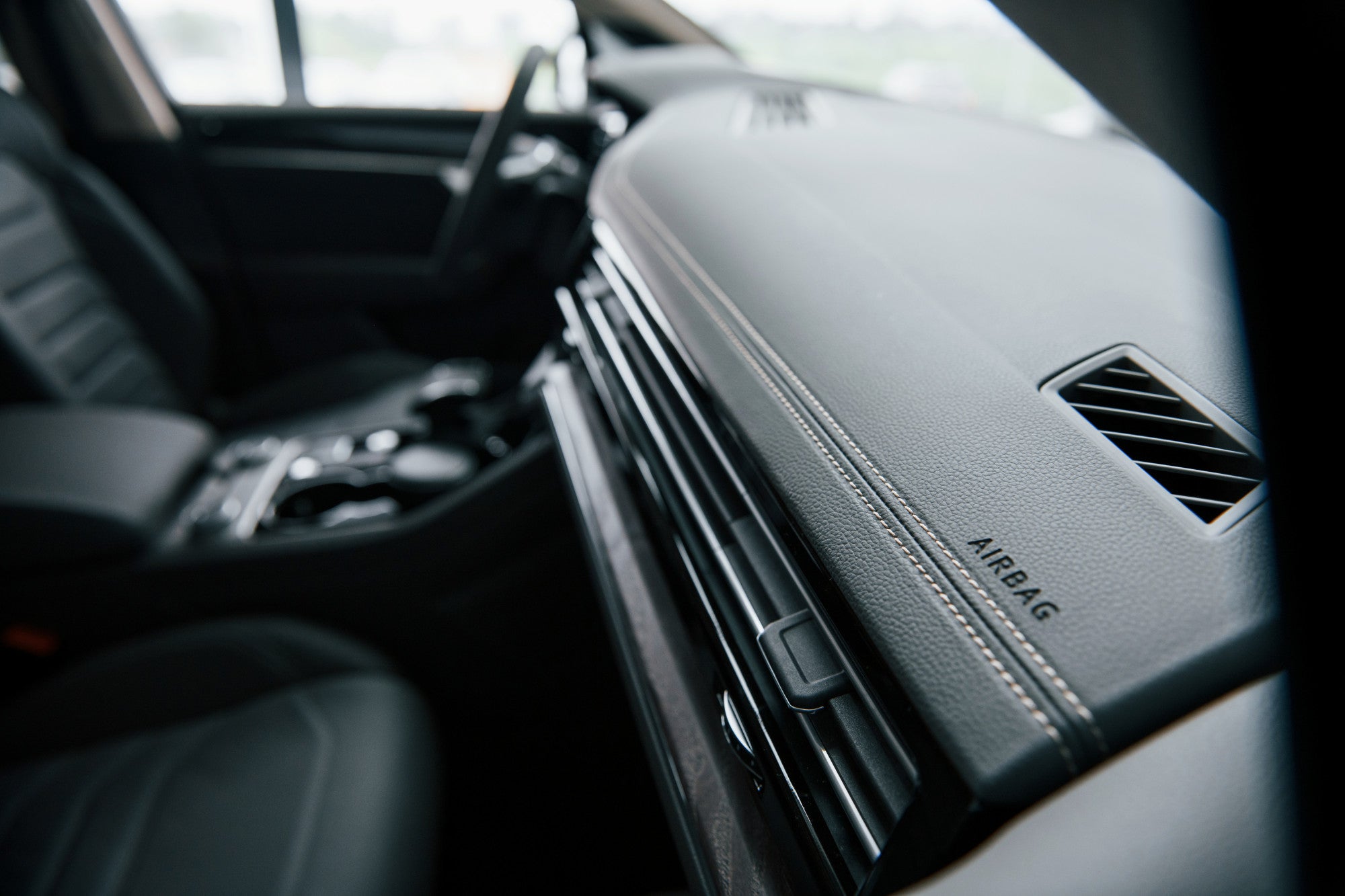-
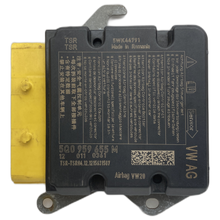
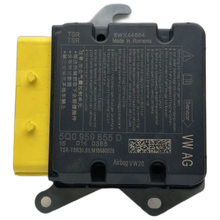
Volkswagen Golf 7 AU airbag control unit repair
Regular price From €65,00Sale price From €65,00 Regular priceUnit price per -
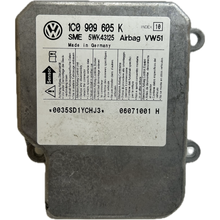

Volkswagen Polo Mk4 Airbag Control Unit Repair
Regular price From €65,00Sale price From €65,00 Regular priceUnit price per -
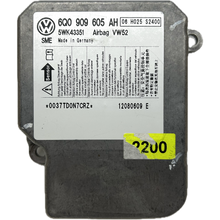
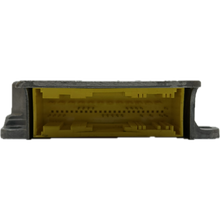
Volkswagen Caddy 2K airbag control unit repair
Regular price From €65,00Sale price From €65,00 Regular priceUnit price per -
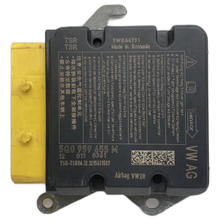
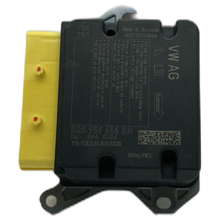
Volkswagen Golf Variant Mk7 Airbag Control Unit Repair
Regular price From €65,00Sale price From €65,00 Regular priceUnit price per -
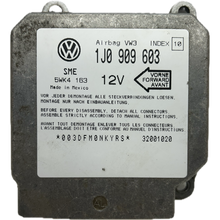
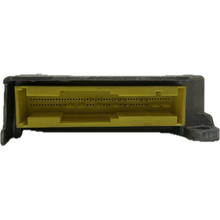
Volkswagen Multivan T4 airbag control unit repair
Regular price From €65,00Sale price From €65,00 Regular priceUnit price per -
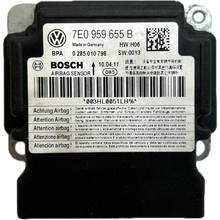
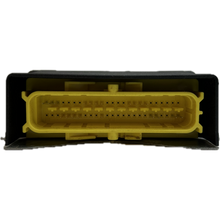
Volkswagen Transporter T5 airbag control unit repair
Regular price From €65,00Sale price From €65,00 Regular priceUnit price per -
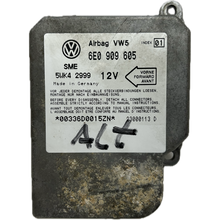
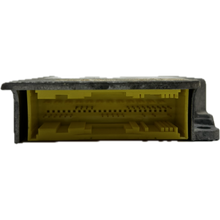
Volkswagen Lupo 6X airbag control unit repair
Regular price From €65,00Sale price From €65,00 Regular priceUnit price per -
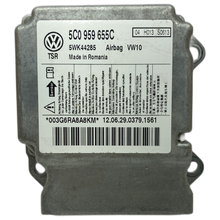
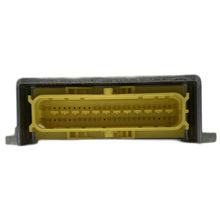
Volkswagen Golf 6 5K1 airbag control unit repair
Regular price From €65,00Sale price From €65,00 Regular priceUnit price per -
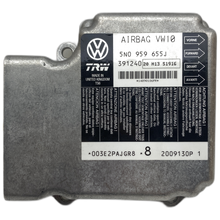
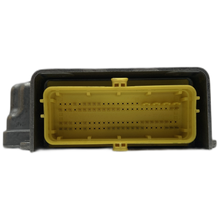
Volkswagen Passat B6 3C airbag control unit repair
Regular price From €65,00Sale price From €65,00 Regular priceUnit price per -
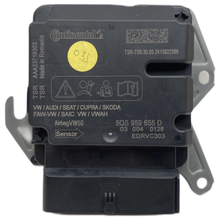
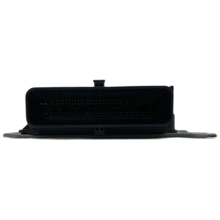
Volkswagen Multivan T7 airbag control unit repair
Regular price From €65,00Sale price From €65,00 Regular priceUnit price per -
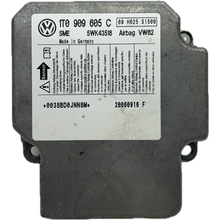
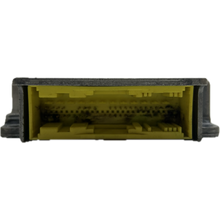
Volkswagen Touran 1T airbag control unit repair
Regular price From €65,00Sale price From €65,00 Regular priceUnit price per -
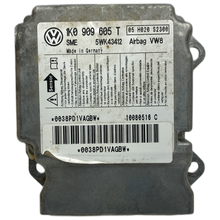
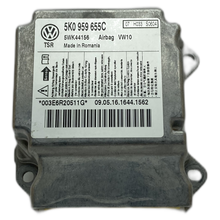
Volkswagen Golf Plus Mk5 Airbag Control Unit Repair
Regular price From €65,00Sale price From €65,00 Regular priceUnit price per -
Volkswagen Crafter 2E airbag control unit repair
Regular price From €65,00Sale price From €65,00 Regular priceUnit price per -
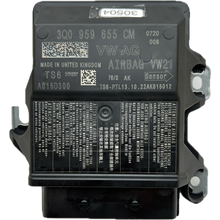
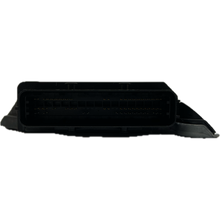
Volkswagen T-Roc A1 airbag control unit repair
Regular price From €65,00Sale price From €65,00 Regular priceUnit price per -
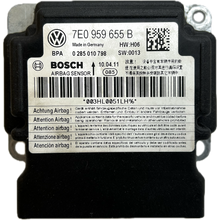
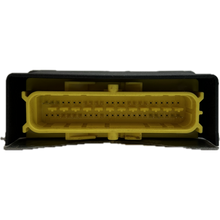
Volkswagen Multivan T5 airbag control unit repair
Regular price From €65,00Sale price From €65,00 Regular priceUnit price per -
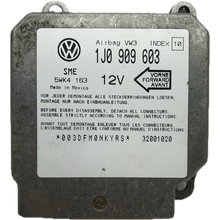
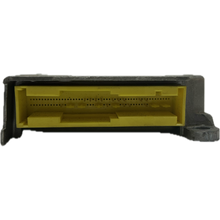
Volkswagen Caravelle T4 airbag control unit repair
Regular price From €65,00Sale price From €65,00 Regular priceUnit price per -
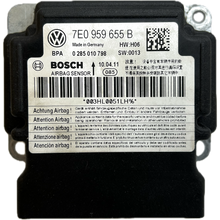
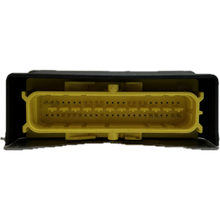
Volkswagen California T5 airbag control unit repair
Regular price From €65,00Sale price From €65,00 Regular priceUnit price per -
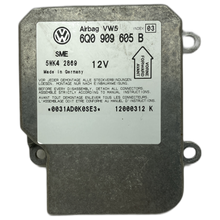
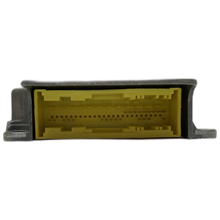
Volkswagen Passat B5 3B airbag control unit repair
Regular price From €65,00Sale price From €65,00 Regular priceUnit price per -
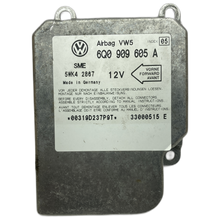
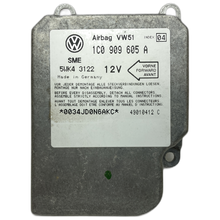
Volkswagen Golf 4 1J airbag control unit repair
Regular price From €65,00Sale price From €65,00 Regular priceUnit price per -
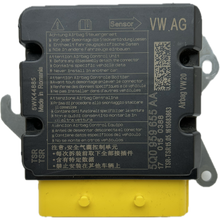
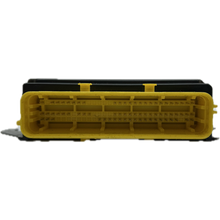
Volkswagen Golf Sportsvan Mk7 Airbag Control Unit Repair
Regular price From €65,00Sale price From €65,00 Regular priceUnit price per -
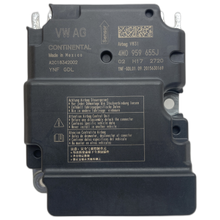
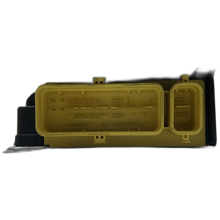
Volkswagen Touareg CR airbag control unit repair
Regular price From €65,00Sale price From €65,00 Regular priceUnit price per -
Volkswagen Transporter T6 airbag control unit repair
Regular price From €65,00Sale price From €65,00 Regular priceUnit price per -
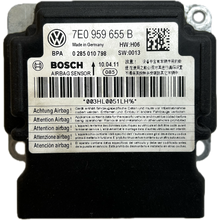
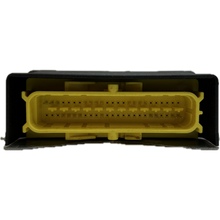
Volkswagen Multivan T6.1 airbag control unit repair
Regular price From €65,00Sale price From €65,00 Regular priceUnit price per -
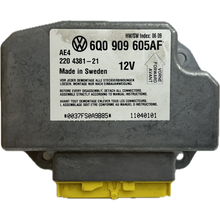
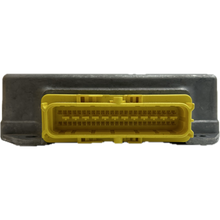
Volkswagen New Beetle airbag control unit repair
Regular price From €65,00Sale price From €65,00 Regular priceUnit price per -
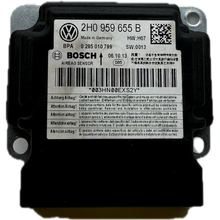
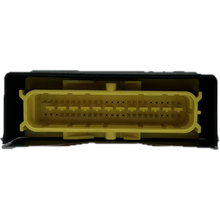
Volkswagen Caddy SK airbag control unit repair
Regular price From €65,00Sale price From €65,00 Regular priceUnit price per -
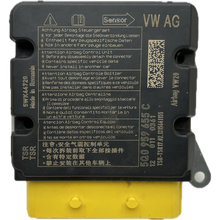
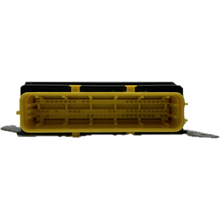
Volkswagen Jetta Mk7 Airbag Control Unit Repair
Regular price From €65,00Sale price From €65,00 Regular priceUnit price per -
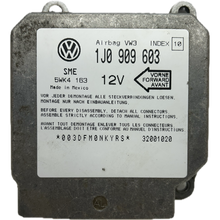
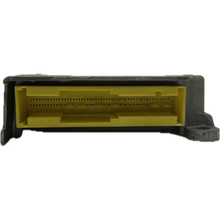
Volkswagen Transporter T4 airbag control unit repair
Regular price From €65,00Sale price From €65,00 Regular priceUnit price per -
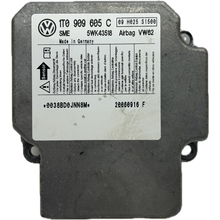
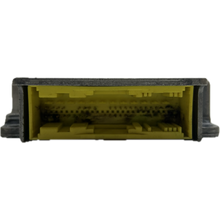
Volkswagen Touran 5T airbag control unit repair
Regular price From €65,00Sale price From €65,00 Regular priceUnit price per -
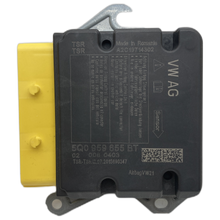
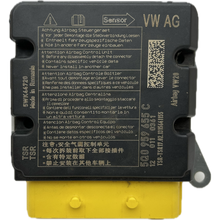
Volkswagen Tiguan AD1 airbag control unit repair
Regular price From €65,00Sale price From €65,00 Regular priceUnit price per -
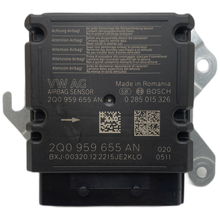
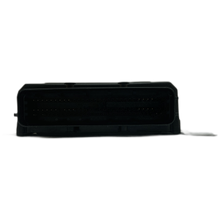
Volkswagen California T6.1 airbag control unit repair
Regular price From €65,00Sale price From €65,00 Regular priceUnit price per -
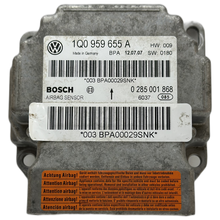
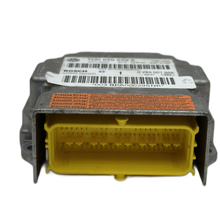
Volkswagen Eos 1F airbag control unit repair
Regular price From €65,00Sale price From €65,00 Regular priceUnit price per -
Volkswagen ID.4 E2 airbag control unit repair
Regular price From €65,00Sale price From €65,00 Regular priceUnit price per -
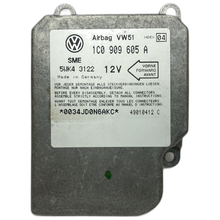
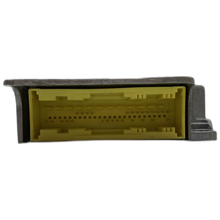
Volkswagen Polo Mk3 Airbag Control Unit Repair
Regular price From €65,00Sale price From €65,00 Regular priceUnit price per -
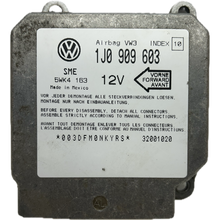
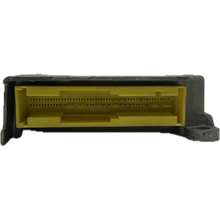
Volkswagen Golf Variant Mk4 Airbag Control Unit Repair
Regular price From €65,00Sale price From €65,00 Regular priceUnit price per -
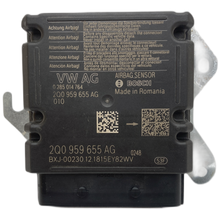
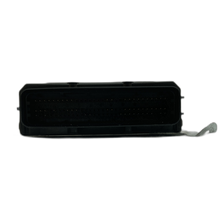
Volkswagen Polo Mk6 airbag control unit repair
Regular price From €65,00Sale price From €65,00 Regular priceUnit price per -
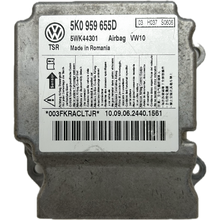
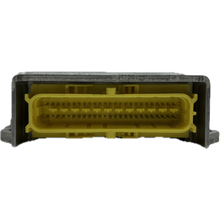
Volkswagen Golf Variant Mk6 Airbag Control Unit Repair
Regular price From €65,00Sale price From €65,00 Regular priceUnit price per
What should be considered with Volkswagen airbag control units?
The airbag technology used in Volkswagen vehicles varies considerably depending on the model and year. Professional repair of airbag control units, ensuring original functionality and a warranty, is crucial for vehicle safety.
Volkswagen, as one of the world's largest automobile manufacturers, has continuously developed the passive safety of its vehicles over decades. This is reflected in the complex evolution of airbag systems, which range from simple front airbags to comprehensive multi-zone protection systems.
A defective airbag control unit can impair the functionality of the entire safety system and is often indicated by a permanently illuminated airbag warning light in the dashboard. Common causes include stored crash data after an accident, but age-related defects or electronic faults can also disable the control unit.
Given the safety-critical nature of the airbag control unit, proper testing and repair is essential. Replacing the control unit can be costly, so repair is often a more economical and equally reliable alternative, provided it is performed by experienced specialists with the necessary diagnostic equipment.
Which Volkswagen models are there?
Volkswagen has produced an impressive variety of models across various vehicle classes and generations. Each of these models, from small cars to commercial vehicles and the latest electric models, features specific airbag control units, the development of which reflects rapid technological progress.
Volkswagen's model range is exceptionally broad, encompassing over 40 different models that appeal to different target groups. These include popular small and compact cars such as the Volkswagen Polo, the Volkswagen Golf (including variants such as the Golf Variant, Golf Plus, Golf Sportsvan, Golf GTI, and Golf R), the Volkswagen Up!, the Volkswagen Lupo, and the Volkswagen Fox.
In the mid-size and family car segment, models such as the Volkswagen Passat (and Passat CC), the Volkswagen Touran, the Volkswagen Tiguan, and the Volkswagen Sharan are widely available. These vehicles place great emphasis on comfort, spaciousness, and comprehensive safety features for commuters and families.
The luxury and SUV segment is represented by the Volkswagen Touareg, Volkswagen Arteon, Volkswagen Phaeton and other SUV models such as the Volkswagen Tiguan Allspace, Volkswagen T-Roc and Volkswagen T-Cross, which offer luxury, performance and advanced safety features.
Volkswagen is also strongly represented in the commercial vehicle sector, with models such as the Volkswagen Transporter, Volkswagen Multivan, Volkswagen California, Volkswagen Caravelle, Volkswagen Caddy, Volkswagen Crafter and the Volkswagen Amarok pickup, which offer robust solutions for commercial and trade vehicles.
Recently, Volkswagen has expanded its model range with a growing number of electric vehicles, including the innovative ID. family (Volkswagen ID.3, ID.4, ID.5, ID.6, ID.7, ID. Buzz) as well as previous electric models such as the Volkswagen e-Golf and Volkswagen e-up!. These modern vehicles also feature highly integrated and complex airbag control units that meet the latest safety standards.
How do I identify my Volkswagen airbag control unit?
Volkswagen airbag control units can be uniquely identified by their part number, model year, and vehicle identification number (VIN). Each generation and trim level of a Volkswagen model uses specific control unit variants to ensure optimal compatibility and functionality of the safety system.
Correctly identifying the airbag control unit is crucial for a successful repair. The part number is the primary identification feature and is located directly on the control unit's housing. It provides information about the hardware version and the associated software.
In addition to the vehicle's year of manufacture, the exact vehicle equipment also plays a role, as Volkswagen installs specific control units for different airbag configurations (e.g., number of airbags, seat belt pretensioners, sensors). In some cases, the vehicle identification number (VIN) or the exact vehicle designation, including the engine and transmission types, can also help with identification.
Since airbag control units are safety-relevant components, precise matching is essential to ensure that the repaired or replaced control unit harmonizes perfectly with the other components of the vehicle's safety system and ensures full functionality.
What airbag equipment does Volkswagen have?
The airbag equipment of Volkswagen vehicles varies significantly depending on the model year, vehicle class, and trim level. While early models and base variants were often equipped with basic front airbag systems, newer generations and higher-end vehicles feature enhanced safety packages with a variety of additional airbag modules.
In the early days of airbag technology in Volkswagen vehicles, such as older generations of the Volkswagen Golf or Volkswagen Passat, front airbags for the driver and front passenger were the primary standard equipment. Over time, this base was supplemented by side airbags for chest protection and head airbags (often referred to as "curtain airbags") for head protection in side collisions.
Modern Volkswagen models, especially those in the mid- and luxury segments such as the Volkswagen Tiguan, Volkswagen Touareg, or the new ID. models, often offer an even more comprehensive airbag system. This can include additional knee airbags for the driver and, in some cases, also for the front passenger, designed to minimize leg injuries in frontal collisions. Special passenger airbags that adapt to the seating position can also be found in newer models.
The Volkswagen ID. electric vehicles benefit from the latest developments in passive safety and are equipped with state-of-the-art, multifunctional airbag systems tailored to the specific requirements of electric vehicles. These systems work hand in hand with advanced driver assistance systems to ensure the best possible occupant protection.
Some older models, particularly certain Volkswagen commercial vehicles from 2005 to 2018, were also affected by recalls due to defective Takata airbag inflators. This underscores the importance of regular inspection and professional maintenance of airbag systems to ensure the safety of vehicle occupants at all times.

